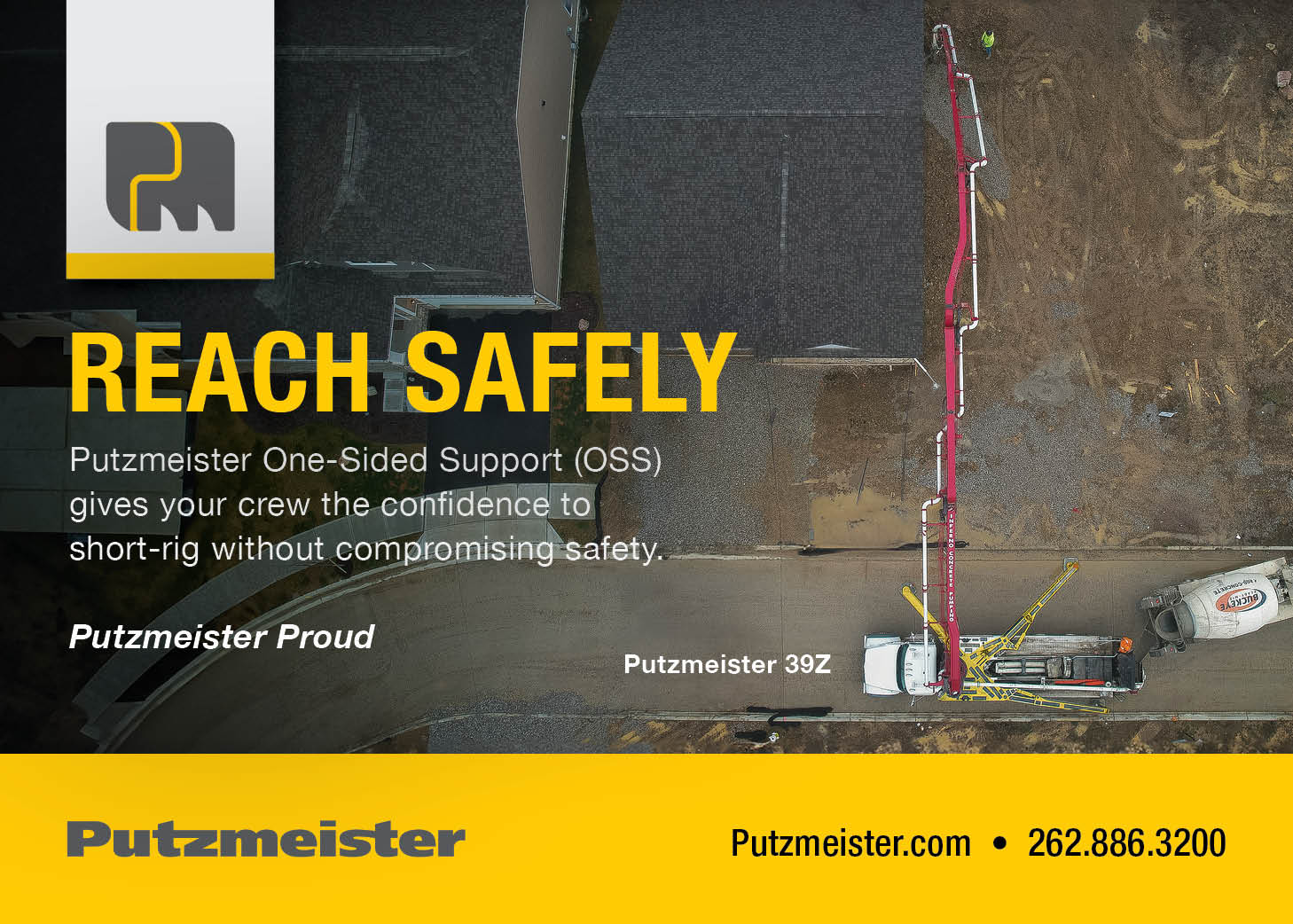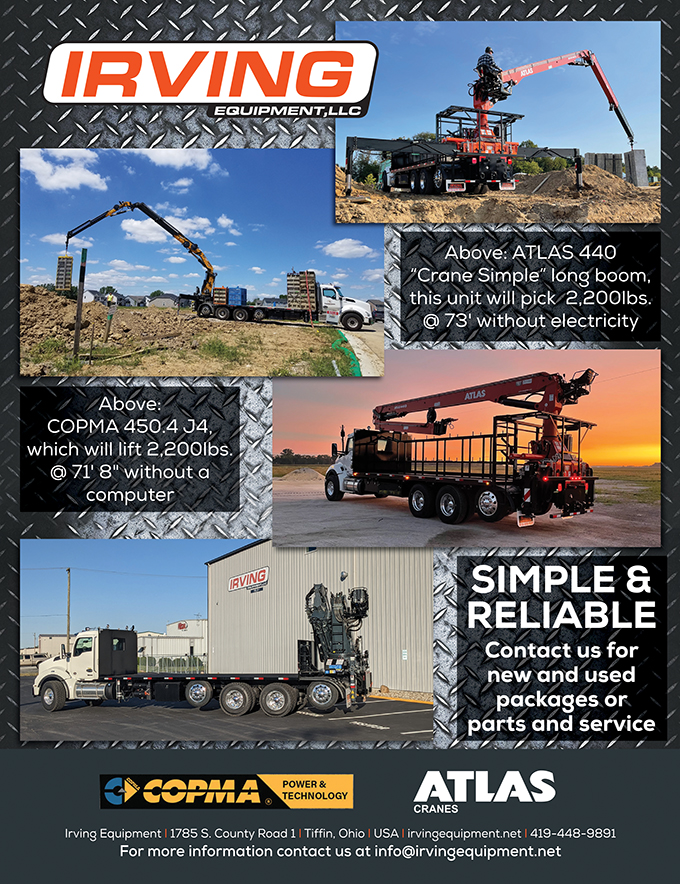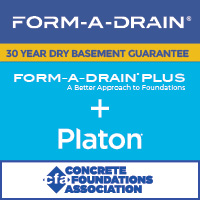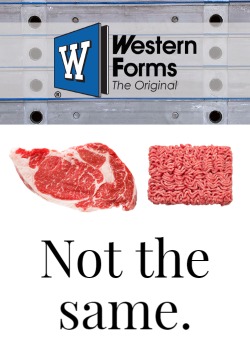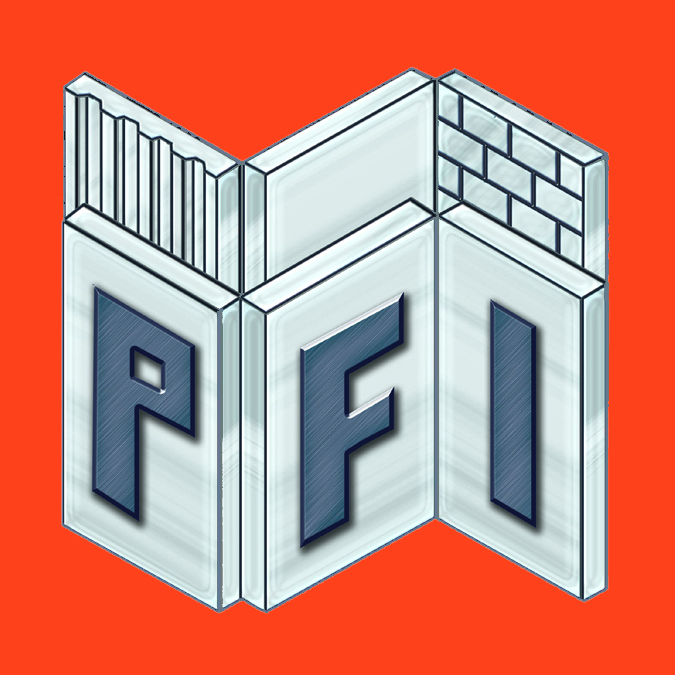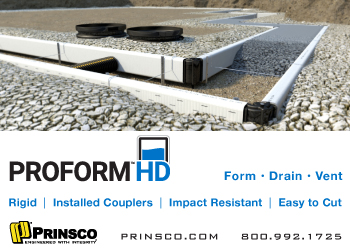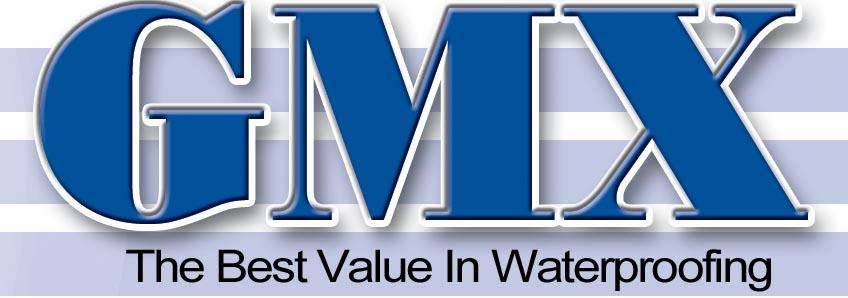What is TECHNOLOGY? In this
Technology (tek nol’ e je) n. 1. The branch of knowledge that deals with the creation and use of technical means and their interrelation with life, society, the environment, and POURED WALL CONTRACTORS, drawing upon such subjects as industrial arts, engineering, applied science, etc.
In this age of constant technological innovation, it is obvious that new products and processes can have a huge impact on your company. A shift in technology can create a demand for new products or make an existing product obsolete, practically overnight. For quite some time the typical foundation contractor has not only used technology in constructing foundations but has embraced it. Some high-tech instruments and equipment that have worked their way into the everyday landscape of the poured wall contractor may include robotic total station layout tools, CAD software, boom trucks, truck mounted conveyors, grade control systems for excavators, etc. These tools and many others have been tried and proven in the field. Some proven benefits would include greater productivity, less reliance on manual labor, more accurate and predictable outcomes, etc. All of these benefits focus mainly on improving a task or a specific aspect of an operation. I would like to offer another view on technology and how it can be used to make your business more successful.
Every reader of this article is involved in a business that utilizes processes and systems to deliver their product while relying on human beings to carry these tasks out. Universally, one of the most difficult challenges then, is to train and develop employees to follow the established process which will lead to a predictable and successful outcome – every time. Employees are without a doubt the most valuable asset in virtually any business, however, since employees are human they do provide some challenges. Sometimes they may be late; errors in the field will happen; personality conflicts will arise; and yes at times they will stray from the time-proven, established processes. Of course, they can cause a great deal of anxiety to all involved. It is true that technology can’t fix or control human nature; however it can help to make some behaviors more controlled and more predictable. Have you ever heard yourself say “What was he thinking?” or “She knows better than that!” Have you ever tried to use technology to help you with some of these problems? Some obvious products that come to mind may be electronic data collectors to help with time keeping or GPS units to monitor locations or driving behavior. These may be good places to start but let’s try going a little further. If you have concerns about attaining a certain behavior or achieving better results from your employees perhaps there is a computer program, device, or piece of equipment that can help you. For example, if you have a problem with loitering at your office or shop; why not install magnetic or electronic locks in order to limit access and create desired traffic patterns for employees. A simple bar code could be used to track all tools and company equipment that is issued to your field personnel to reduce loss and to create accountability. Technology can also be used to upgrade office procedures that may be archaic or inefficient. One example may be to utilize electronic billing for materials and supplies; this may allow you to reduce your pay cycle which may give incentive to a supplier to offer a better price. If your desire is to have a complete estimate for every job that accounts for all aspects of a project, why not employ an operating system that requires the desired input before the project can proceed? Would it be beneficial for you to issue laptop computers to your field supervisors that would allow them to quickly transfer and process more accurate and up-to-date job information?
I realize that these examples are not powerful revelations that are going to change the course of how you operate. The truth is; I couldn’t even begin to know what specific ideas would be effective in improving your business. The suggestion I propose is to consider “leaving the old paradigm of doing things the way we do simply because we have always done them that way” and entering a new paradigm of “being open-minded towards new approaches and ideas”.
Consequently, when a new technology appears on the business horizon it may be time to reassess your processes and plans. You need to explore the possibilities and ask yourself how this new technology can effect how you conduct your business. Lay out plans how to incorporate the new technology and use it to your advantage.Therefore, in conjunction with the definition, it would be expedient for everyone in our industry to embrace the “creation and use of technical means” to further advance our effectiveness and success.
Brad Schrock, CFA President, Custom Concrete Company Inc. bschrock@customconcrete.com